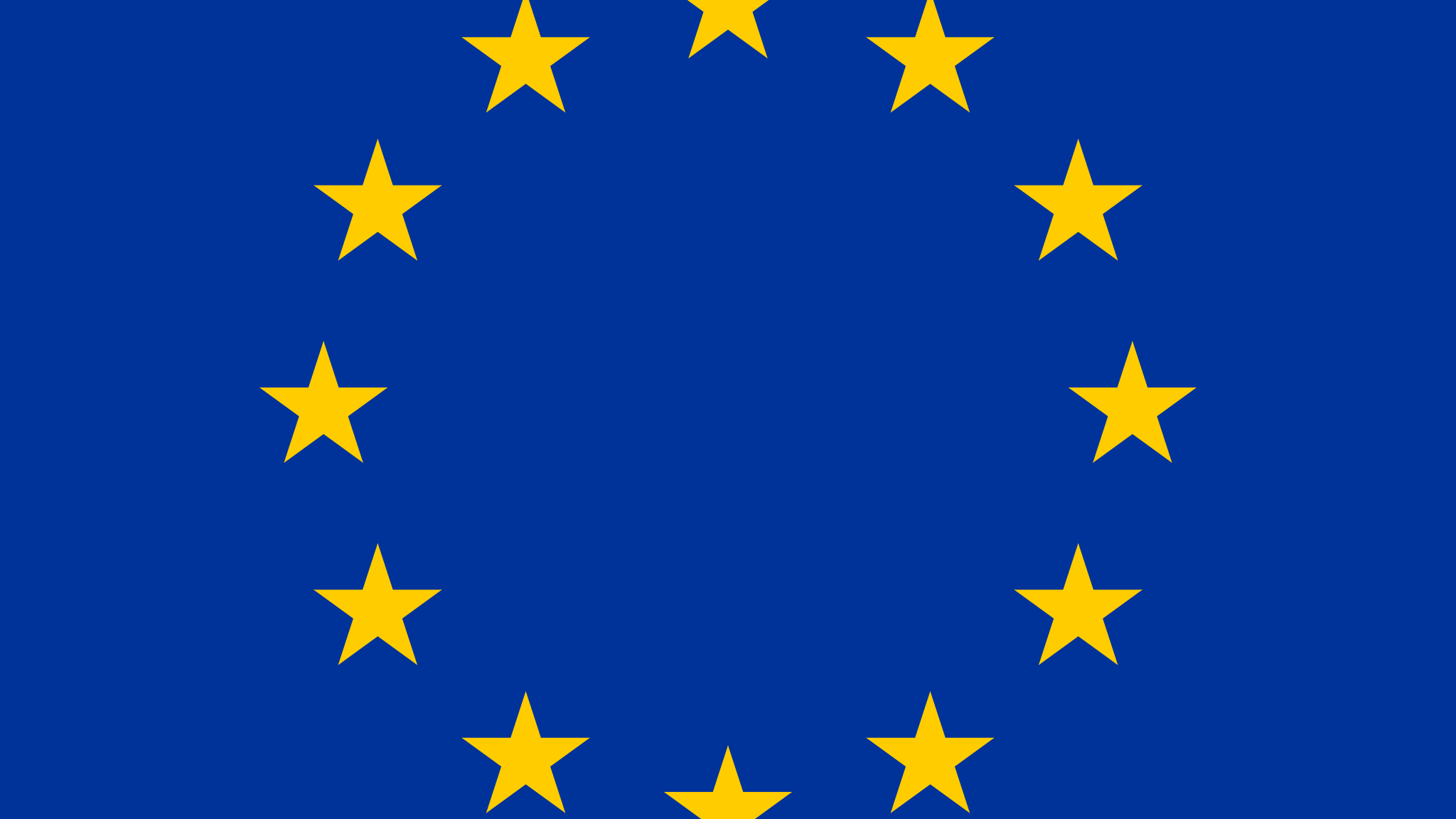
Europe: unexpected drop in irregular entries in 2024
In 2024, the European Union recorded a spectacular drop in irregular entries, a phenomenon that could raise many questions. If we thought that migratory flows were only a question of moving away from conflicts or seeking better living conditions, the reality seems to be more nuanced. What explains this sharp drop? Let's decipher this turnaround that is causing a stir.
A study that creates disorder
According to the latest figures, irregular entries into Europe have in fact fallen by 31% compared to the previous year. A drop that goes against traditional concerns about migration. Experts wonder: is this the result of a stricter migration policy or simply the fact that would-be immigrants have finally understood that the European dream is often an illusion? Indeed, many European countries are strengthening their border control measures, and it would seem that these policies are starting to bear fruit.
But where does magic come from?
Several combined factors seem to explain this mysterious decline. The efforts of African governments to manage migratory flows, notably through awareness-raising initiatives on the dangers of illegal migration, are to be considered. In addition, the economic situation in certain countries of origin influences departures: less acute economic crises could reduce the desire to flee at all costs. What is the point of risking one's life on a makeshift boat when there is enough to eat at home?
The Return of the Borders
Europe, for its part, has opted for a policy of locking down its borders, with the unstated aim of not only reducing irregular entries, but also of reestablishing a vision of exclusivity within its territories. This trend has been around for a while, but here it seems to be crystallizing. Far from becoming an impenetrable fortress – a “Fortress Europe” – will the measures taken really reduce migration or create a draw for other, more discreet and insidious forms of immigration?
It is still too early to claim victory on this front. The twists and turns of migration policy in Europe are only just beginning and the dynamics could reverse quickly. In the meantime, this reduction in flows could well be nothing more than a parenthesis, an echo of the disappointed hopes of migrants who, punctuated by failures, are forced to revise their ambitions downwards. It remains to be seen whether Europe will be able to adapt to this new situation or whether, ultimately, it is just the flows that change without ever really stopping.



Leave a comment
This site is protected by hCaptcha and the hCaptcha Privacy Policy and Terms of Service apply.